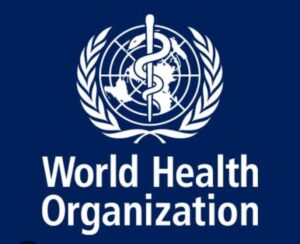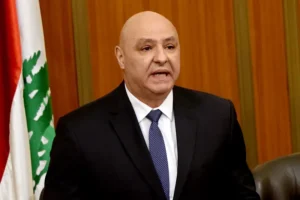
The World Health Organisation (WHO) has emphasised the pivotal role of collaborative strategies in fostering an inclusive and resilient healthcare system in Nigeria.
WHO representative in Nigeria, Dr Walter Kazadi Mulombo, spoke on Thursday at the 64th National Council on Health (NCH) in Ado-Ekiti, Ekiti State.
NCH is an apex policymaking body in the Nigerian health sector which annually brings together Permanent Secretaries, Commissioners of Health, Heads of Parastatals, and Directors to discuss health-related issues.
Experts say that the theme for this year event, ‘Building the Resilience and Inclusive Health Care System for a Healthy Nigeria,’ underscores the importance of a robust healthcare system in Nigeria.
Mulombo said NCH’s unique platform is a space where federal and state leaders, supported by partners, collaboratively evaluate, co-create, and make far-reaching decisions on health issues.
“The sub-themes intensify the discussions and fine tuning critical health issues that demand collective attention,” he said.
The WHO Representative also highlighted the pressing challenges, from high out-of-pocket expenditures to the complex landscape of communicable and non-communicable diseases.
He commended Nigeria’s prioritisation of primary healthcare and health financing as key drivers toward Universal Health Coverage (UHC) and the Sustainable Development Goals (SDGs).
Mulombo, however, called for a transformative shift from conceptualisation to actionable results, aligning with international commitments.
Anticipating NCH’s role, he emphasised leveraging strengths and opportunities at all governmental levels.
He stressed the importance of crafting feasible, sustainable, and less complex strategies under the Health Sector Renewal Investment Programme.
Reaffirming WHO’s commitment, he aligned the organisation’s efforts with the ‘Renewed Hope Agenda’ of President Bola Tinubu-led administration as reflecting in the strategic pillars of the Health Sector Renewal Investment Programme.
He also suggested exploring innovative approaches for continuous engagement between the Federal Ministry of Health and various state governments.
“This aims to enhance performance tracking and the effective implementation of council resolutions,” he said.







